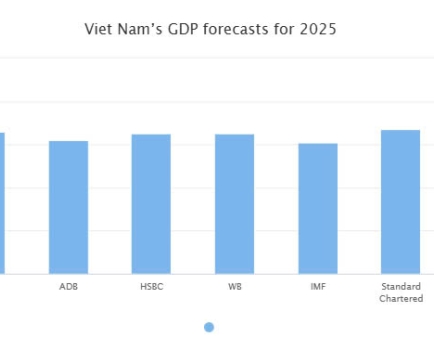Keeping a keener eye on global real estate trends
Thu, 18 Jan 2024 15:46:00 | Print | Email Share:
The real estate landscape of 2024 is marked by a dynamic interaction of technological advancements, market dynamics, and socioeconomic influences. The various trends collectively shape a narrative of an industry undergoing constant change.
According to the Emerging Trends in Real Estate 2024 report by the Urban Land Institute, the real estate industry is entering a new era of thinking, building, and operating.
| Farook Mahmood Frics, chairman and managing director Silverline Group |
The report’s overarching theme is The Great Reset, which determines that the industry must form new norms and can no longer rely on past benchmarks to determine how the market will function in the future.
The report includes proprietary data and insights from more than 2,000 leading real estate industry experts, exploring shifts in the property sector since the pandemic, changing investor sentiment towards climate risks, the emergence of impact investing, and other real estate issues within the US and Canada.
The landscape of real estate will be undergoing significant transformations in 2024, driven by a confluence of technological advancements, shifting market dynamics, and evolving consumer behaviours.
Despite uncertainties, optimism is likely to pervade the industry, with companies leveraging partnerships and eyeing potentially lucrative initial public offerings in the future. The resilience and innovation demonstrated by the formation of new companies underscore the sector’s potential to thrive in both adversity and stronger conditions.
As we enter 2024, proptech companies are likely to place an unprecedented emphasis on monitoring their balance sheets, with a sharp focus on immediate-term profitability. The year will unfold with a strategic shift in business models, emphasising the expansion of product offerings and investments in consumer education to adeptly navigate the housing market slowdown.
Technology is set to emerge as a crucial tool in such sectors as the rental segment, with the advent of online rental screening software, enhancing efficiency, rent payment reporting, and thwarting fraudulent activities.
The technology likely to have the biggest impact in 2024 is data-driven property management. Real-time insights into property performance optimise rents, maintenance schedules, and tenant satisfaction in remote work. Technology enablement creates more flexibility and freedom.
Cybersecurity in real estate increases investment and protects sensitive property and financial data in the digital realm. AI and predictive analytics revolutionise decision-making with data-driven insights, predictive property values, and investment opportunities, expediting the process by removing manual tasks. Augmented and virtual reality will transform property viewing experiences with virtual tours and enhanced property visualisation.
This is underpinned by two fundamental factors. Firstly, housing affordability has plummeted to its lowest level in over 30 years. The combination of escalating home prices and rapid increases in borrowing costs has prompted individuals to explore housing options beyond their current locations.
Secondly, remote and hybrid work options, increasingly prevalent since the pandemic, are becoming a permanent fixture of the professional landscape.
In 2024, the challenges of affordability and the evolving nature of work will foster increased migration to secondary markets nationwide. This shift not only holds promise for relative affordability but also aligns with lifestyle preferences.
The more nationalised approach to real estate will impact organisations supporting industry professionals and the individuals actively servicing the sector.
The paradigm shift of multiple listing services in the real estate landscape presents a unique opportunity for real estate professionals. With the for-sale market navigating a precarious juncture marked by compensation lawsuits and affordability concerns, the emphasis in 2024 will be on generating leads and income through other avenues, such as the rental market.
With affordability as the primary concern heading into 2024, tools intended to support greater financial empowerment will continue to gain prominence this coming year. Rent payment reporting is one of the initiatives that will play a more prominent role in fostering a fairer financial future for all participants in the real estate ecosystem.
As charting the trajectory towards a more equitable financial future, additional private sector solutions are likely to emerge in 2024 and become instrumental in facilitating this transformative change. Success in 2024 will hinge on the capacity to embrace change and capitalise on emerging opportunities.
By: Farook Mahmood Frics/ Vietnam Investment Review
Source: https://vir.com.vn/keeping-a-keener-eye-on-global-real-estate-trends-108382.html
---------------------------------------------
Same category News :














